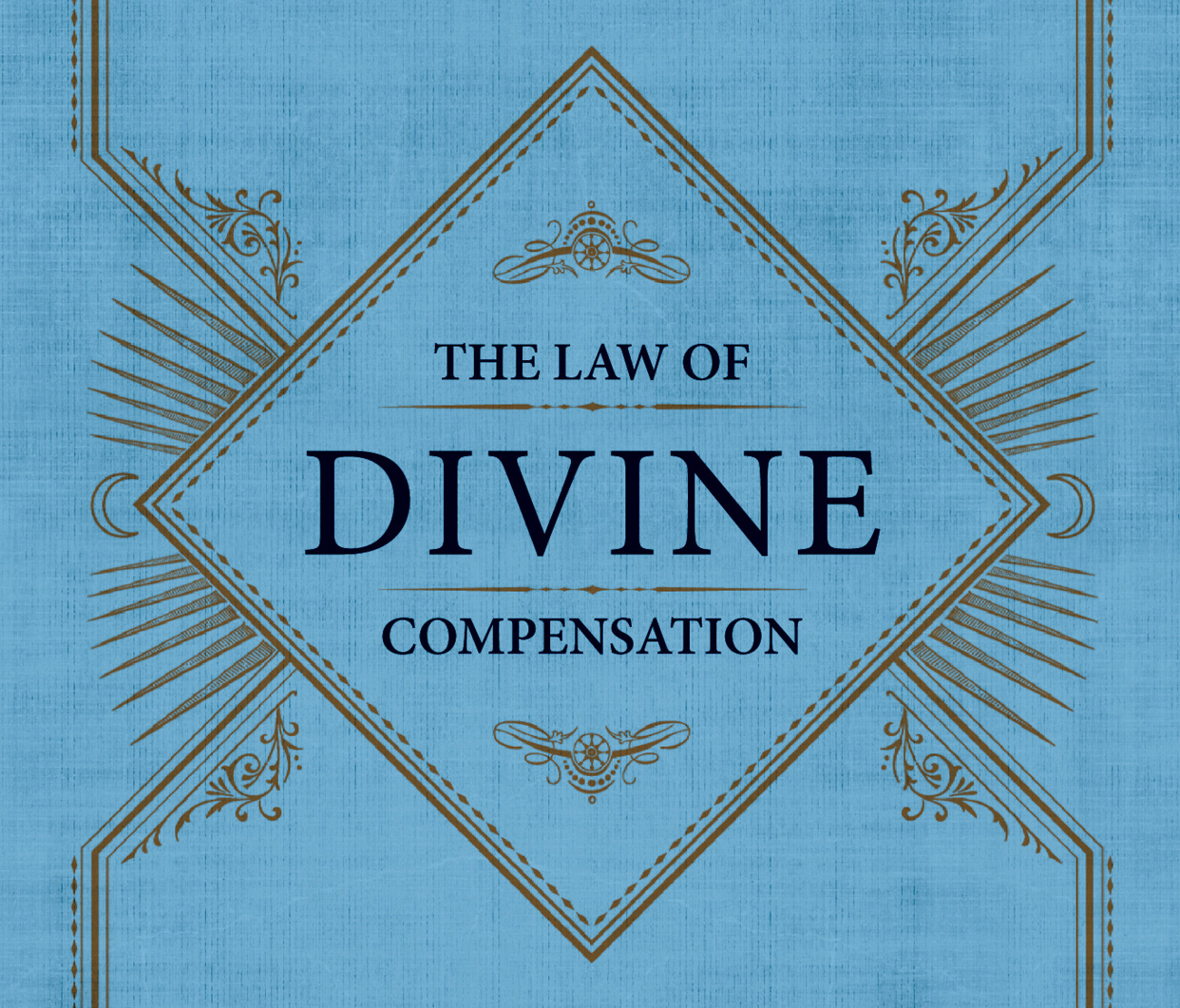Laws may be considered as man-made laws or divine laws. Man- made laws are those laws which are enacted by rulers or legislators, and are the guiding principles of all modern legislation. On the other hand, there are certain principles in accordance with which human beings are compelled to act because God desires us to do so; such are the divine laws.
In Islam, there is a doctrine of servitude in the matter of good and evil. It is believed that, as ordinary mortals, one cannot understand what is good and what is evil, unless one is guided in the matter by a divinely inspired Prophet. One must do what is good and avoid what is evil. This is the law of shariat, and nothing else can be law.
Who is then to act as the judge of good and evil? Scholars of Muhammadan Law say that it is not man. Therefore, one has to turn to the Quran, which is the very word of God. Supplementing the Quran, are the ‘hadith’—the traditions of the Prophet. These are the records of his action and sayings, and one must derive help and inspiration from these in arriving at legal decisions.
ADVERTISEMENTS:
If there is nothing either in the Quran or the hadith to answer a particular question, one has to follow the consensus of opinion among the learned, and failing that qiyas analogical deduction. These, in short, are the principles which constitute the basis of shariat or law in Islam.
Shariat means the Canon law of Islam or the totality of Allah’s commandments. Each of these commandments is called ‘hukm’ (hukum). The law of Allah is not easy to understand, and Shariat embraces all facets of human action. For this reason, it is not law as commonly understood. It is basically a code of obligations, where legal considerations and individual rights have a secondary place. All human activity is embraced by shariat.
